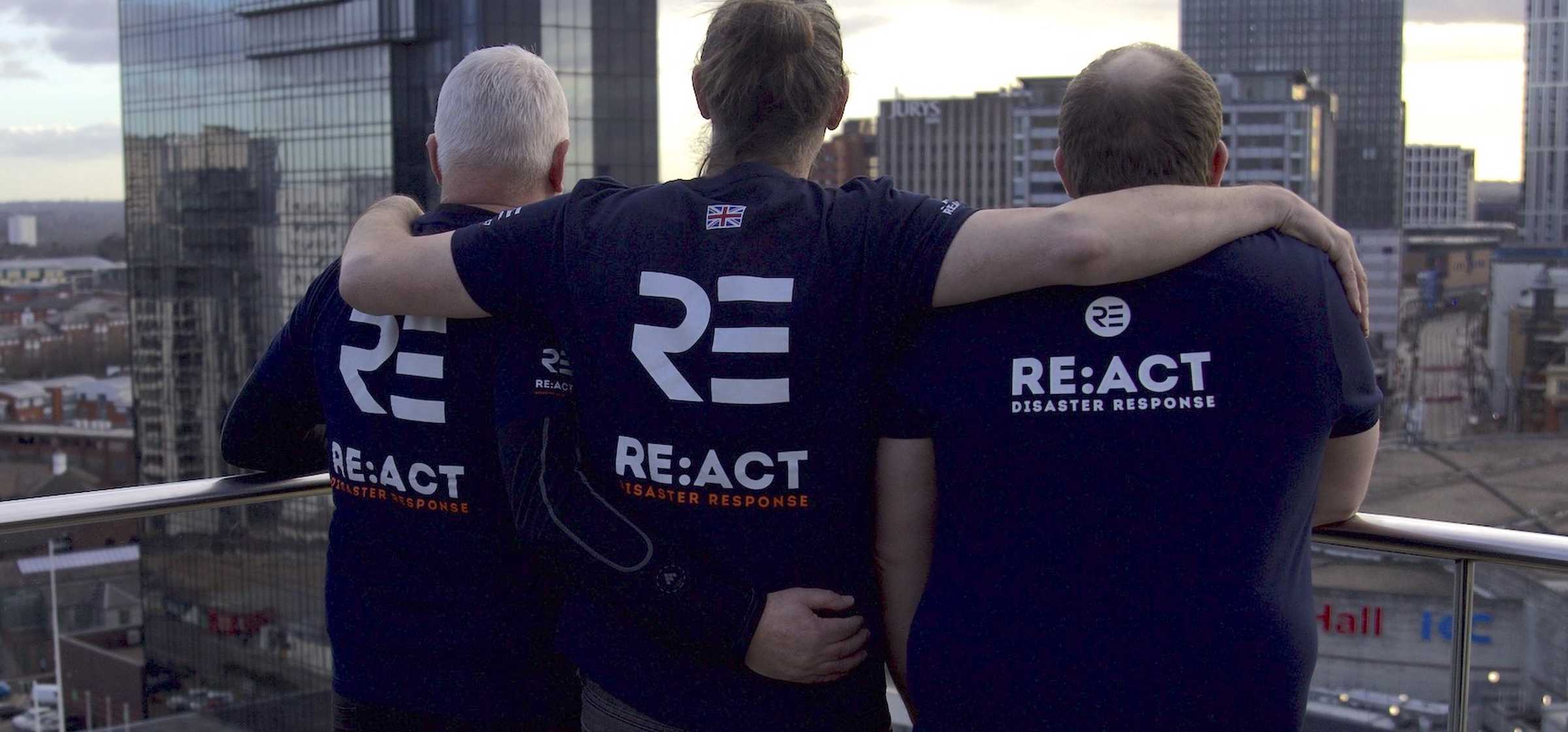Mental Health Awareness Week 2023: Spotlight on Anxiety in the Humanitarian Sector

Posted by Rich Mcsweeney 17th May 2023 News
Estimated Reading Time: 2 mins
This year, Mental Health Awareness Week takes a deep dive into the often-overlooked topic of anxiety. We're focusing on its prevalence in the humanitarian sector, discussing effective strategies to manage anxiety and compassion fatigue, and showcasing how we support our incredible volunteers in their everyday lives and within the context of humanitarian response.
Understanding Anxiety: More than Just Worry
Anxiety is defined clinically as "excessive worry and apprehensive expectations, occurring more frequently than not for at least six months, about numerous events or activities." It's an emotion marked by feelings of tension, worried thoughts, and physical changes such as increased blood pressure or sweaty palms.
In our rapidly evolving world, anxiety is a natural response. For instance, in the current financial crisis, over a third of adults are anxious about their financial situation. But how does this anxiety manifest within the humanitarian sector?
Anxiety in the Humanitarian Sector: A Growing Concern
According to a study involving 212 humanitarian workers from 19 international NGOs, 3.8% reported symptoms of anxiety and 10.4% symptoms of depression prior to deployment. These rates are broadly in line with the general population. However, post-deployment, these rates soared to 11.8% for anxiety and 19.5% for depression. While there was some improvement in anxiety rates three to six months later (7.8%), depression rates peaked even higher at 20.1%.
Within the sector, aid workers and volunteers are frequently exposed to traumatic events linked to depression, anxiety, compassion fatigue, and burnout. Work/life stress, imbalanced work/life dynamics, long hours, and limited self-care opportunities are being increasingly identified as significant contributors.

The Impact on Volunteers and the Need for Improved Support Systems
Volunteers within the humanitarian sector often experience loss and grief with an intensity that mirrors or even surpasses that of their professional counterparts.
While there is a growing global focus on recognising and ensuring the overall well-being and safety of humanitarian workers and volunteers, the right support and care systems often need improvement. A separate research study revealed that only 20% of humanitarian workers/volunteers felt that adequate psychosocial support was provided.
Moreover, those who did find available support often felt it was not helpful, as providers lacked the context and experience to understand their experiences fully. Despite these challenges, breaking the stigma around mental health issues is more important than ever.
Breaking the Stigma: A Call to Action for Mental Health
We live in a culture where feelings of fear, confusion, anger, guilt, shame, and stigma are prevalent when struggling with mental health. These struggles often manifest as anxiety, depression, compassion fatigue, burnout, PTSD, and more.
Data from a Guardian survey unveiled the mental health landscape within the sector, with 51% experiencing anxiety, 44% having depression, 29% having PTSD, 22% having panic attacks, and 11% having other mental health issues.
Those in the sector with more than one deployment are more likely to experience severe symptoms of compassion fatigue, burnout, and secondary traumatic stress. Now is the time for organisations within the sector to stand together and voice how they support their dedicated workers and volunteers.
We aim to foster a safe and supportive culture, promoting access to appropriate care and support for all humanitarian workers and volunteers. After all, nobody is immune to disasters and helping should not inflict harm.
Stay tuned later this week as we share more about managing anxiety and supporting our amazing volunteers, without whom our work would not be possible.
Detti Balla - REACT volunteer support manager
